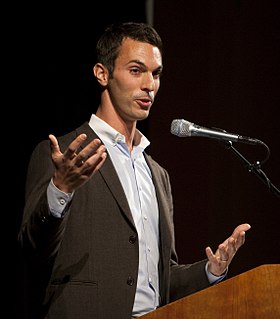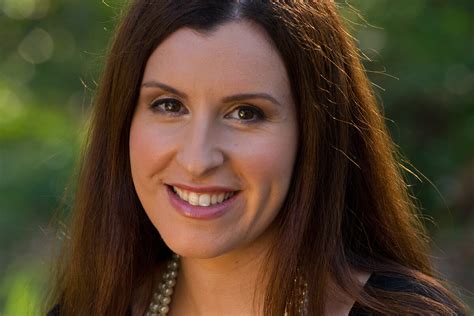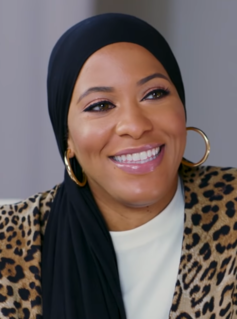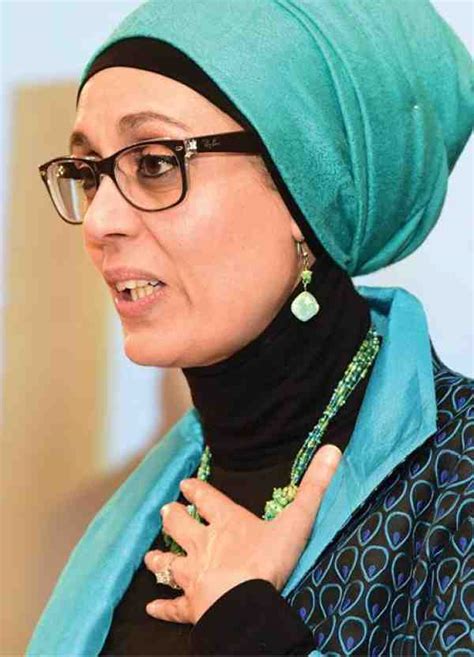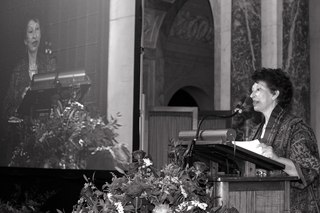A Quote by Halima Aden
There is a misconception that young Muslim women are oppressed. That simply isn't the case. I choose to dress modestly and choose to cover my hair with a hijab; not all Muslim women make that choice, and that's okay. We are all different!
Related Quotes
There is only one way out of the trap: that you don`t choose; neither this nor that - you simply don`t choose. You withdraw from choice and you become choiceless. Choicelessness is freedom. To choose is to choose a prison; to choose is to choose a bondage. To choose is wrong, to be choiceless is to be right.
A lot of people had a misconception that I would be the perfect poster child for Islam. So I got a lot of Instagram comments like, 'Oh, you don't have your neck covered, you're not a Muslim!' My thing is, stop judging women, especially if you're a man, because you don't know the responsibility that comes with wearing a hijab.
Let’s not ask Barbara Walters about how Muslim women feel. Let’s not ask Tom Brokaw how Muslim women feel. Let’s not ask CNN, ABC, FOX, The London Times, or the Australia Times. Let’s not ask non-Muslims how Muslim women feel, how they live, what are their principles, and what are their challenges. If you want to be fair, ask a Muslim woman. Ask my wife. Ask my mother. Ask a Muslim woman who knows her religion, who has a relationship with her Creator, who is stable in her society, understands her responsibilities. Ask her.
People are always shocked to hear I'm an athlete by profession and even more shocked when they hear I'm a fencer from the United States. I challenge the stereotype that Muslim women are oppressed and that a Muslim can be American by birth. It's amazing how many assumptions people make, but I embrace the opportunity to use this Olympic platform to educate.
Flying while Muslim is nerve-racking in itself. Every time I prepare to fly, I have to make sure the anxiety I feel from all the stares I get from the moment I walk into the airport doesn't show on my face. This is what every woman in a hijab or bearded Muslim man experiences. But we are not alone: Sikh men who wear a turban experience the same anxiety because they encounter Islamophobia by dint of being perceived as Muslim.
To understand the fanatic rejection of women's liberation in the Muslim world, one has to take into account the time factor. Most of us educated women have illiterate mothers. The conservative wave against women in the Muslim world is a defense mechanism against profound changes in both sex roles and the touchy subject of sexual identity.

